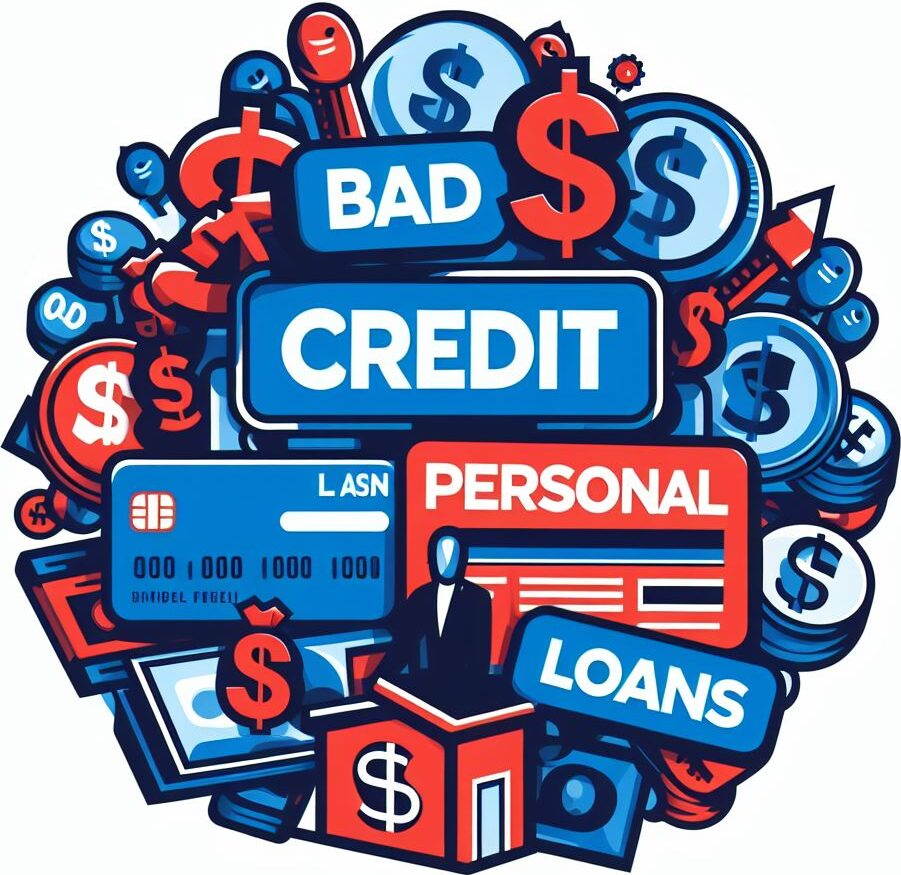Your credit score is kinda like your financial report card. It’s a three-digit number that shows lenders how risky it might be to lend you money. Banks, credit card companies, even landlords check this number to decide whether you’re a good bet. A higher score means you’re more likely to get approved for loans and credit cards with better terms and lower interest rates.
There are a few types of credit scores out there, but the ones you’ll hear about most often are FICO scores and VantageScores. Both are used by lenders to evaluate creditworthiness. Generally, these scores range from 300 to 850. A good score usually starts around 670, but hitting 750 or above puts you in excellent territory.

So, how are these scores calculated? It all boils down to your credit report. This report is like a history book of your financial actions, showing how much you owe, whether you pay on time, and how long you’ve had credit. Factors like payment history, the total amount you owe, length of your credit history, types of credit in use, and new credit inquiries all play a role.
Why does a good credit score matter? Simple. It saves you money and gives you more financial options. Lower interest rates mean smaller monthly payments and less paid over time. Plus, it can make it easier to rent an apartment, get favorable insurance rates, or even land a job, as some employers check credit scores as part of their hiring process.
Quick Fixes to Boost Your Credit Score
First thing to do is grab a copy of your credit report from one of the major credit bureaus – Experian, TransUnion, or Equifax. Check it for errors. Mistakes like incorrect account information or outdated negative items can really mess with your score. If you find any, dispute them right away. Clearing these errors can give your score a nice little bump.
Paying down high credit card balances can have a big impact. Aim to keep your credit utilization ratio – that’s how much of your available credit you’re using – below 30%. The lower, the better. High balances signal to lenders that you might be overextended, which can drag your score down.
Another quick fix is to increase your credit limits. If you have a good payment history, call up your credit card company and ask for a limit increase. Don’t go on a spending spree though. This move works best if you keep your spending the same and enjoy the benefits of a lower credit utilization ratio.
Becoming an authorized user on someone else’s credit card is another tactic. If you have a family member or close friend with a good credit history and high credit limit, ask if they’re willing to add you as an authorized user. Their positive payment history and low utilization rate can reflect well on your own credit report and boost your score.
Building Good Credit Habits for Long-Term Success
Paying your bills on time, every time, is one of the biggest influencers on your credit score. Set up payment reminders or automate your payments if you’re forgetful. Even one missed payment can ding your credit, so consistency is key.
Keeping your credit card balances low relative to your limits really helps too. If you’re prone to maxing out your cards, it’s time to start reigning in the spending. The lower your balance, the better it looks on your credit report.
Diversifying your credit mix means having various types of credit, like installment loans (think auto or mortgage loans) and revolving credit (like credit cards). Lenders like to see you can handle different kinds of credit responsibly. If you’re lacking in a particular area, consider exploring your options carefully.
Avoiding unnecessary hard inquiries can also make a difference. Every time you apply for new credit, a hard inquiry shows up on your report and can lower your score a bit. Stick to applying for credit only when you really need it. Soft inquiries, like checking your own score or pre-qualification checks, don’t affect your score.
Leveraging Professional Help and Tools
Credit monitoring services are like having a security guard for your credit score. They keep an eye on your report and alert you to any unusual activity or changes. Some even offer insights into what might be hurting your score and tips on how to improve it.
Sometimes it’s worth getting some professional help. Credit repair companies specialize in cleaning up credit reports. They can dispute errors, negotiate with creditors, and offer tailored advice to improve your score. Just be sure to pick a reputable company to avoid scams.
Financial counseling and education resources are goldmines for building long-term financial health. Nonprofit organizations offer free or low-cost counseling to help you understand and manage your credit. Plus, many provide workshops and online resources to boost your financial literacy.
Using budgeting and financial management apps can keep your finances on track. Apps like Mint or You Need a Budget offer tools to help you track your spending, plan your budget, and even set financial goals. Staying organized can help you avoid late payments and high balances, which positively impacts your credit score.
